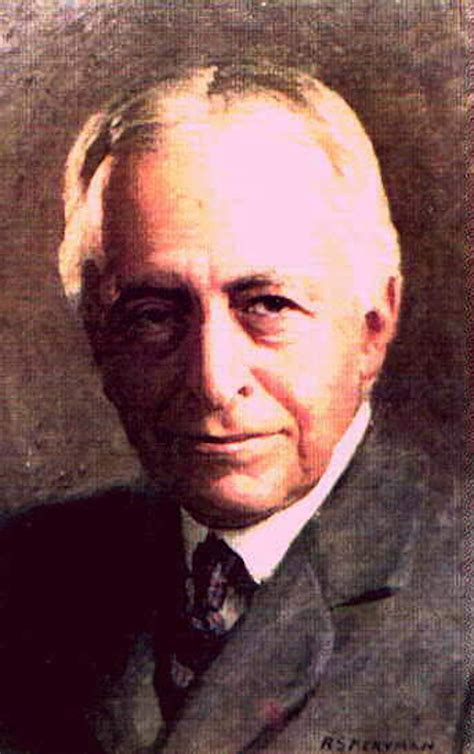A Quote by Bertrand Russell
There is in Aristotle an almost complete absence of what may be called benevolence or philanthropy. The sufferings of mankind . . . there is no evidence that they cause him unhappiness except when the sufferers happen to be his friends.
Related Quotes
Until recent times, absence of evidence for his [Jehovah's] existence has not been sufficient to rule him out. However, we now have enough knowledge that we can identify many places where there should be evidence, but there is not. The absence of that evidence allows us to rule out the existence of this God beyond a reasonable doubt.
Through Plato, Aristotle came to believe in God; but Plato never attempted to prove His reality. Aristotle had to do so. Plato contemplated Him; Aristotle produced arguments to demonstrate Him. Plato never defined Him; but Aristotle thought God through logically, and concluded with entire satisfaction to himself that He was the Unmoved Mover.
When I talk to anyone or read the writings of anyone who has any axe to grind, I feel that intellectual honesty and balanced judgement have simply disappeared from the face of the earth. Everyone's thought is forensic, everyone is simply putting a "case" with deliberate suppression of his opponent's point of view, and, what is more, with complete insensitiveness to any sufferings except those of himself and his friends.
That in all capital or criminal prosecutions a man bath a right to demand the cause and nature of his accusation, to be confronted with the accusers and witnesses, to call for evidence in his favor, and to a speedy trial by an impartial jury of twelve men of his vicinage, without whose unanimous consent he cannot be found guilty; nor can he be compelled to give evidence against himself; that no man be deprived of his liberty, except by the law of the land or the judgment of his peers.
He has given ample evidence of qualities hardly any other living statesman has demonstrated to the same degree: the courage to look facts in the face and to seek flexible solutions, respect for others, give-and-take in dialog situations, absence of hypocrisy, a complete absence of grandeur in the conduct of his personal life. He has never been driven by blind self-assertion to make absurd decisions.
A friend is a possession we earn, not a gift. ....The Lord has declared that those who serve him and keep his commandments are called his servants. After they have been tested and tried and are found faithful and true in all things, they are called no longer servants, but friends. His friends are the ones he will take into his kingdom and with whom he will associate in an eternal inheritance.
What do you think would happen if we kissed right here, right now?" he asks, digging his hands into the pockets of his khaki pants, grinning right back at me. "I think it would cause a riot." "Well, you know me," he says, lowering his head towards me. "Causing a riot is what I do best." Santangelo approaches before Griggs gets any closer and pulls him away. "Are you guys insane?" he says, irritated. "It's called peaceful coexistence, Santangelo. You should try it and if it works we may sell the idea to the Israelis and Palestinians," I say, throwing his own words back at him.
Even if the absence of evidence for a given god were not evidence of its absence, it would still be evidence that the belief in that god is unreasonable. That's the only proposition that any atheist of any kind has to demonstrate in order to win the argument. Because anything beyond that... is just having fun.



































